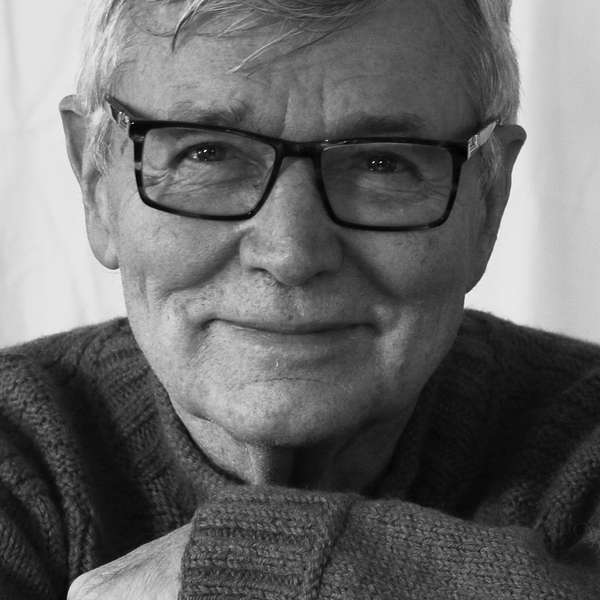
Flourishing After Addiction with Carl Erik Fisher
Addiction psychiatrist and bioethicist Carl Erik Fisher explores addiction and recovery from science to spirituality, from philosophy to politics, and everything in between. He interviews leading experts in areas such as psychology, neurobiology, history, sociology, and more--as well as policy makers, advocates, and people with lived experience.
A core commitment of the show is we need more than medicine to truly understand addiction and recovery. The challenges and mysteries of this field run up against some of the central challenges of human life, like: what makes a life worth living, what are the limits of self control, and how can people and societies change for the better? These are enormous questions, and they need to be approached with humility, but there are also promising ways forward offered by refreshingly unexpected sources.
There are many paths to recovery, and there is tremendous hope for changing the narrative, injecting more nuance into these discussions, and making flourishing in recovery possible for all.
Please check out https://www.carlerikfisher.com to join the newsletter and stay in touch.
Flourishing After Addiction with Carl Erik Fisher
Why We Can’t Therapize Our Way Out of Addiction, with Dr. Bruce Alexander
Use Left/Right to seek, Home/End to jump to start or end. Hold shift to jump forward or backward.
In this episode of Flourishing After Addiction, I had the honor of speaking with Bruce Alexander, a towering figure in the field of addiction theory. As regular Rat Park readers will know, I named this newsletter after Bruce’s iconic experiment in the 1970s, honoring not just that experiment, but also the decades of contributions he’s made since to the broader understanding of addiction as a deeply human phenomenon.
Now that Bruce is in his 80s, he’s said he won’t be doing much more writing and public speaking, so I’m especially grateful to have the chance to talk about the most important lessons of his work. We focus on his recent publication, "My Final Academic Article on Addiction," in which he distills his over fifty years of insights.
We discuss what Bruce identifies as the greatest threats addiction poses to modern society. We explore the theoretical stagnation in understanding addiction, the limitations of medicalizing addiction, and the subtle yet pervasive remnants of irrational thinking that hinder our approach to addressing mass addiction. Alexander argues against the notion that we can simply 'therapize' our way out of the problem, urging for a deeper examination of how society contributes to and can help resolve the crisis. Listen to the end for his take on what professionals and clinicians can do—and cannot do—to help us with the current crisis.
Bruce Alexander has explored many corners of the addiction field for almost half a century. Beginning in 1970, he has counselled people with heroin addiction, conducted psychopharmacological research (the “Rat Park” experiments); ran field research on cocaine use for the World Health Organization; critically analyzed theories of addiction by ancient philosophers and modern researchers; and served on the Boards of Directors of NGOs in Vancouver’s Downtown Eastside. He has published three books, Peaceful Measures: Canada’s Way Out of the War on Drugs (University of Toronto Press, 1990), The Globalization of Addiction: A Study in Poverty of the Spirit (Oxford University Press, 2008), and A History of Psychology in Western Civilization (Cambridge University Press, 2015, co-author Curt Shelton). Since retiring from the university as Professor Emeritus in 2005, Alexander has spoken frequently in Canada, Europe, and the United States. He posts many of his recent speeches on his website, www.brucekalexander.com. He was awarded the Sterling Prize for Controversy in 2007.
In this episode:
- Bruce’s "My Final Academic Article on Addiction"
- Naomi Klein, Doppelganger
- Conspirituality: How New Age Conspiracy Theories Became a Health Threat
Sign up for my newsletter and immediately receive my own free guide to the many pathways to recovery, as well as regular updates on new interviews, material, and other writings.